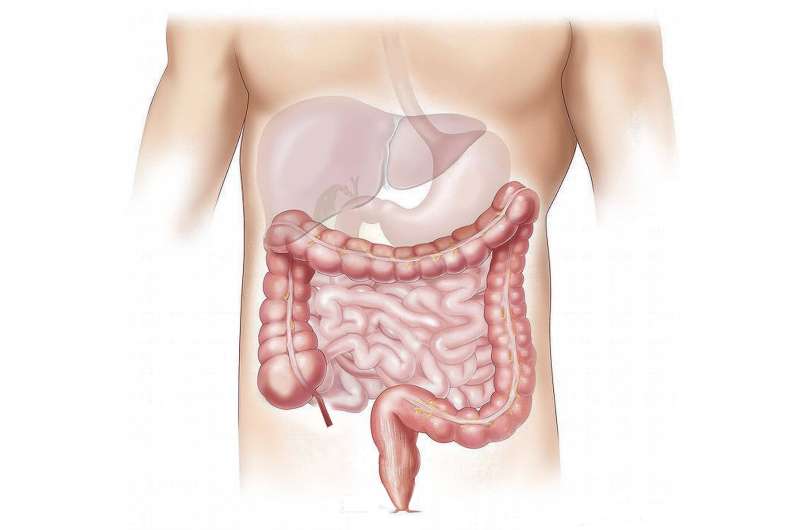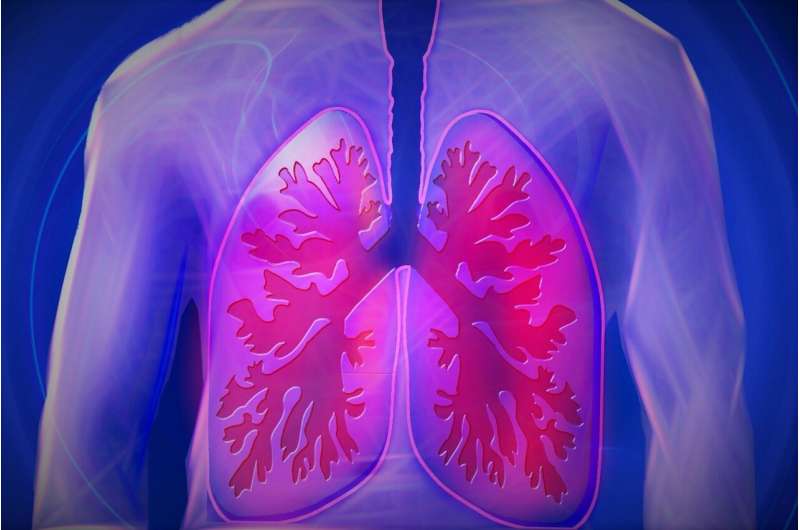Deciphering Early Onset Bowel Cancer: Identifying 10 Vital Biomarkers

Research led by Professor Samuel investigates 10 key biomarkers to improve early detection, prediction of relapse, and personalized treatment of early-onset bowel cancer, offering hope for better outcomes among young adults.
Bowel cancer is increasingly affecting younger populations, with recent statistics indicating a rising trend in cases among individuals under 50 worldwide, including Australia. This shift is concerning because the reasons behind this increase are not yet fully understood.
Leading cancer researcher Professor Michael Samuel from the University of South Australia's Center for Cancer Biology is spearheading a crucial investigation into this phenomenon. Supported by a $573,833 grant from Bowel Cancer Australia via Cancer Australia, his team has initiated a three-year research project aimed at uncovering the underlying causes of early-onset bowel cancer and the high relapse rates seen in younger patients.
Thanks to advances in screening, mortality rates from bowel cancer have declined over the years. However, the alarming rise in cases among young adults remains a mystery that demands urgent investigation. Recent data from the University of Melbourne reveal that someone born in 1990 is up to three times more likely to be diagnosed with bowel cancer than someone born in 1950. Most notably, approximately 50% of young patients who undergo surgery for bowel cancer experience a recurrence, with no current methods to accurately predict who is at highest risk.
"Some patients undergo aggressive treatments unnecessarily, while others might face preventable relapses," explains Professor Samuel. "Our goal is to develop predictive tools that personalize treatment and improve outcomes."
Central to this innovative approach is the investigation of 10 key biomarkers—specific chemicals produced by tumors—that could serve as indicators for both the risk of developing early-onset bowel cancer and the potential for recurrence. Over the past year, Samuel's team has laid important groundwork, aiming to utilize these biomarkers for early detection, risk assessment, and tailored therapies.
The research seeks to identify individuals at heightened risk, predict likely relapses, inform more effective treatment strategies, and ultimately reduce unnecessary therapies and their associated side effects.
Bowel Cancer Australia CEO Julien Wiggins emphasizes the urgency: since 2000, the risk of diagnosis before age 40 has more than doubled, with 1 in 9 new cases occurring in people under 50. He advocates for collaborative research to understand this trend better and to develop groundbreaking solutions that can save lives.
This comprehensive effort involves collaboration among the University of South Australia's Data Science Program, SA Pathology, the Central Adelaide Local Health Network, and the Basil Hetzel Institute for Translational Health Research. The outcomes of this study could signal a significant step forward in the fight against bowel cancer by enabling earlier detection, personalized treatment plans, and improved survival rates for young adults.
Source: https://medicalxpress.com/news/2025-06-code-early-onset-bowel-cancer.html
Stay Updated with Mia's Feed
Get the latest health & wellness insights delivered straight to your inbox.
Related Articles
Combination of Aumolertinib and Chemotherapy Extends Progression-Free Survival in NSCLC Patients
A recent Phase III clinical trial reveals that combining aumolertinib with chemotherapy significantly improves progression-free survival in patients with advanced non-small cell lung cancer, offering new hope for personalized treatment strategies.
New Antibiotic Ibezapolstat Shows Promise Against Deadly C. difficile Superbug
A new antibiotic, ibezapolstat, has demonstrated high efficacy and safety in clinical trials against C. difficile, a leading cause of serious gastrointestinal infections. The drug uniquely preserves gut microbiota, reducing recurrence and emerging as a promising treatment option.
Genetic Discoveries Offer New Hope for Inflammatory Arthritis Treatment
New genetic research uncovers two key genes involved in calcium pyrophosphate deposition disease, paving the way for targeted therapies for common inflammatory arthritis.
Advancements in In Vitro Human Thymus Development Using Induced Pluripotent Stem Cells
A pioneering in vitro model using induced pluripotent stem cells accurately recapitulates human thymic epithelial cell development, offering new avenues for immune research and regenerative medicine.



